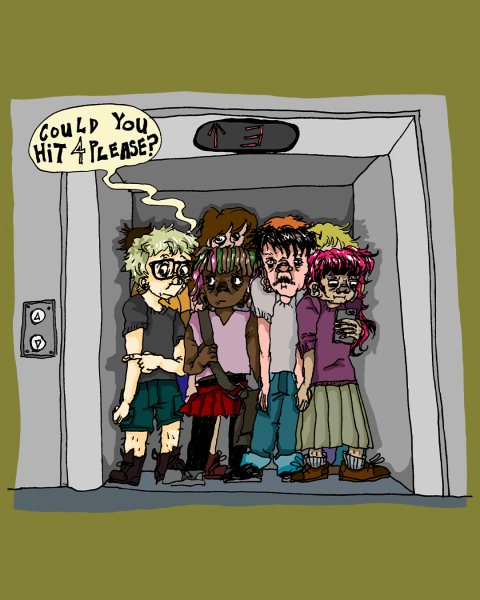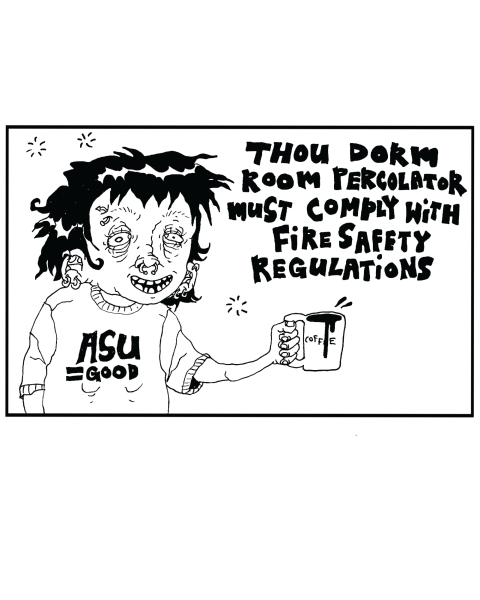Opinion: Learning suffers in an online environment
July 28, 2020
App State recently updated class schedules regarding whether some classes will be online, hybrid, or in-person only. In order to prevent the spread of COVID-19, App is building a strong online foundation to uphold social distancing guidelines. However, one major concern most students have about online learning is how effective online courses are at providing quality instruction. I personally prefer in-person courses since it allows students to have a stronger connection with their peers and instructors. It can also be harder for students to be as engaged and enthusiastic about an online course versus in-person classes. Although online classes can be more convenient for students since they may not have to wake up as early for a course, it tends to be more difficult to make new friends in an online setting.
Researchers in the study “Student Enrollment Patterns and Achievement in Ohio’s Online Charter Schools” revealed that students enrolled in online schools scored lower grades on tests compared to students attending in-person classes. Most of the stigma associated with online learning stems from the fact that keeping students engaged and active in online classes is more difficult than in traditional courses. I experienced this when my high school went online; I couldn’t connect to my friends or teachers as well in an online setting. In-person classes enable students to freely communicate with one another. Zoom calls may mimic a classroom, but students cannot speak independently to their classmates without everyone else in the zoom call hearing. I also noticed less student participation in online classes compared to traditional courses. I realized the way a teacher virtually interacts with students determines class participation.
To properly teach students online, teachers need to be self-efficient and engaged. In another study “Self-efficacy and Satisfaction With Teaching in Online Courses,” researchers explained the following: “In relation to how self-efficacious nurse educators felt about their capabilities for teaching online nursing courses, in both this and Robinia’s study, educators indicated the most self-efficacy in relation to computer skills and then classroom management and instructional strategies (similar scores) and least competent in relation to student engagement.” The researchers part of this experiment have careers in the healthcare industry, most employed at nursing schools. They specifically examined nursing professors to see how they teach in an online environment.
Essentially, teachers who are adaptable, tech-savvy and supportive of their students will succeed in teaching online courses. The same can be said for students; those who participate in online classroom discussions and communicate with their peers and teachers will be successful in learning. App State is preparing to transition staff and students to an online environment. They have already implemented the opportunity for students to receive degrees in multiple fields through online courses. However, in my opinion, a student is more likely to succeed if they take an in-person or hybrid course rather than a fully online class.













jim • Jul 28, 2020 at 7:54 pm
Really? Students would do better in a proven learning environment? So insightful
How will they do after they bring C-19 to their parents grandparents and neighbors?
How many orphans has trump created with his attempt to lie away a virus?
Here’s a simple rule of thumb – Examine any trump plan and ask “whats in it for him”
Because there is nothing for the rest